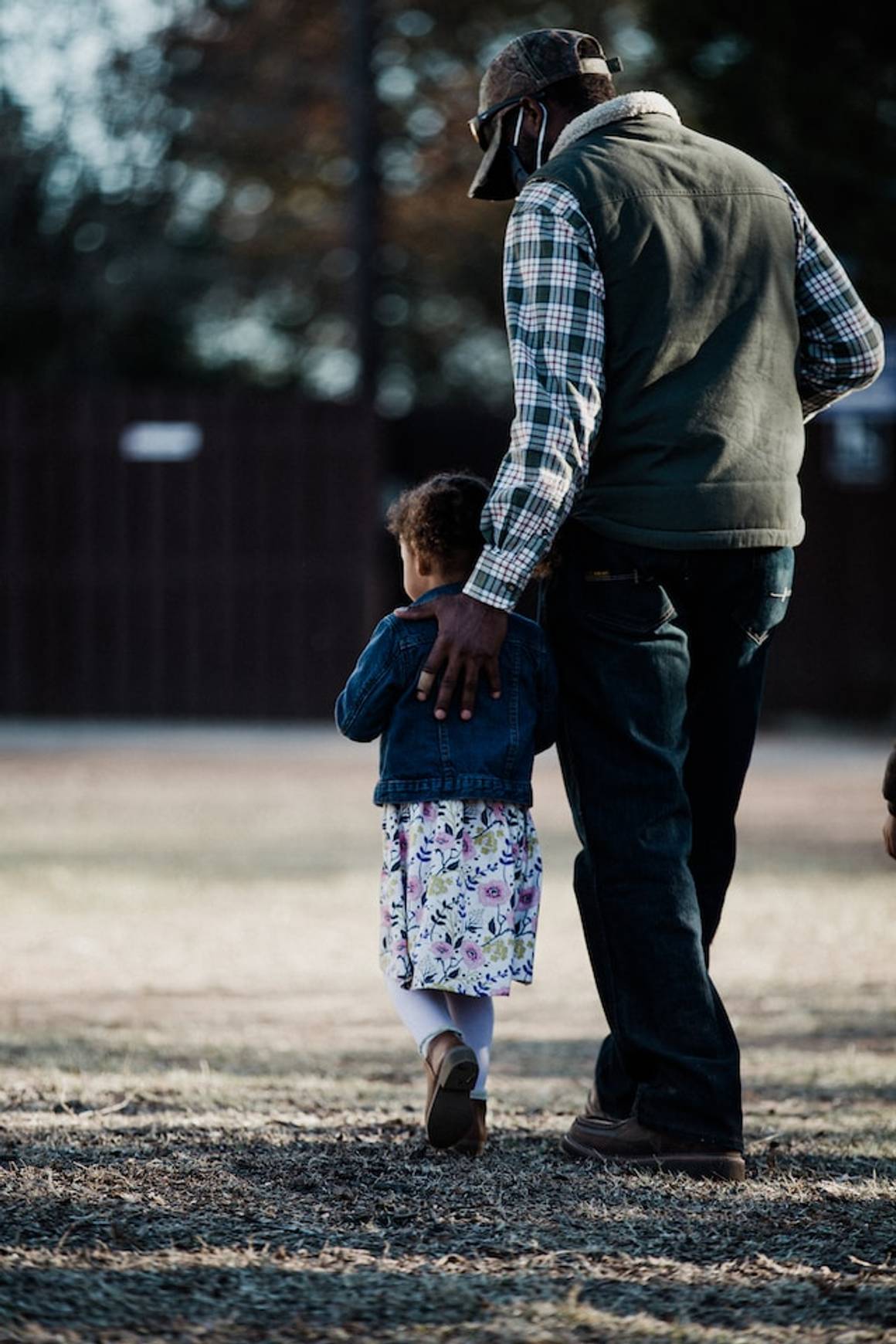Gratitude is a fundamental concept in Islam, which teaches Muslims to be thankful for the blessings bestowed upon them by Allah, the Almighty. In fact, the Arabic word for gratitude, "shukr," is mentioned multiple times in the Holy Quran, emphasizing its importance in the Islamic faith.
One of the primary ways in which Muslims express their gratitude is through the practice of regular prayer and giving thanks to Allah for His blessings. Muslims are required to pray five times a day, with each prayer reminding them to be grateful for the countless blessings they have received.
Muslims also begin each prayer by reciting the opening chapter of the Quran, which begins with the phrase "Alhamdulillah," meaning "all praise and thanks are due to Allah."
Another way in which Muslims express their gratitude is through charitable acts, such as giving to the poor, helping the needy, and supporting those in need. Islam places a strong emphasis on the importance of helping others and sharing one's blessings with those less fortunate. By doing so, Muslims not only show gratitude for what they have but also demonstrate their willingness to help others and support the community.
Muslims are taught to be grateful for the challenges they face in life. The Quran states that
Allah does not burden a soul beyond that it can bear.Quran 2:286
This means that even in the face of adversity, Muslims are encouraged to remain thankful and to trust in Allah's wisdom and guidance. By doing so, they demonstrate their faith in Allah and their belief that everything happens for a reason.
The Islamic faith also encourages Muslims to express their gratitude to others. The Prophet Muhammad (peace be upon him) said,
He who does not thank the people is not thankful to Allah.Prophet Muhammad
This means that Muslims should not only be grateful to Allah but also express their gratitude to those who have helped them or shown them kindness.
Gratitude is not only a positive social and spiritual trait, but it also has been found to have a significant impact on mental health.
Gratitude is the act of expressing appreciation for the good things in life, and it has been linked to a variety of mental health benefits, including reducing stress, improving mood, and promoting a more positive outlook on life.
One of the ways that gratitude affects mental health is by reducing stress levels. Stress is a common contributor to mental health issues such as anxiety and depression, and it can also have physical consequences such as high blood pressure and heart disease. Expressing gratitude has been found to reduce levels of stress hormones in the body, such as cortisol, which can help to reduce the negative impact of stress on both mental and physical health.
Gratitude has also been shown to improve mood and promote a more positive outlook on life.
Research has found that people who regularly express gratitude tend to be more optimistic and less likely to experience negative emotions such as envy and resentment. By focusing on the good things in life and expressing appreciation for them, individuals can shift their focus away from negative thoughts and feelings, and instead cultivate a more positive and hopeful mindset.
Gratitude is not only beneficial for mental health, but it can also have a positive impact on many different areas of life.
For example, research has shown that expressing gratitude can improve physical health by reducing inflammation, improving sleep quality, and boosting the immune system. Additionally, gratitude has been found to enhance relationships by increasing feelings of closeness, improving communication, and promoting forgiveness.
Does helping others help us be more grateful in our lives?
Helping others is one of the best ways to cultivate and strengthen feelings of gratitude. When we help others, we not only contribute to their well-being, but we also gain a deeper appreciation for the blessings we have in our own lives.
By providing assistance to others, we become more aware of the challenges and difficulties that people face, which can help us gain a greater sense of perspective and appreciation for what we have. We may also come to recognize our own strengths and capabilities, and feel more grateful for the opportunities we have to make a positive impact on the world.
Moreover, helping others can create a sense of connection and community, which can further strengthen feelings of gratitude. When we work together with others to achieve a common goal, we feel a sense of camaraderie and shared purpose, which can help us feel more grateful for the relationships we have in our lives. This sense of connection and belonging can also contribute to our overall sense of well-being, providing a greater sense of meaning and purpose in life.
What are some ways to practice gratitude?
There are many different ways to practice gratitude, and finding a practice that works for you may take some trial and error. Here are a few suggestions to get started:
- 1Keep a gratitude journal: Each day, write down three to five things that you are grateful for. This could be anything from the support of a loved one to a beautiful sunset. Writing these things down can help you focus on the positive aspects of your life and cultivate a greater sense of gratitude.
- 2Express gratitude to others: Take time to thank the people in your life who have made a positive impact on you. This could be a friend who has provided support during a difficult time, a coworker who went above and beyond, or a family member who has been there for you. Expressing your gratitude to others can help strengthen your relationships and create a sense of connection.
- 3Practice mindfulness: Mindfulness involves paying attention to the present moment without judgment. By practicing mindfulness, you can become more aware of the positive experiences in your life and cultivate a sense of gratitude. You might try taking a few minutes each day to focus on your breath, or simply taking time to notice the beauty in the world around you.
- 4Use visual reminders: Place reminders of what you're grateful for in a prominent location, such as a bulletin board, a photo album or your phone. These visual reminders can help you focus on the positive aspects of your life and remind you of what you have to be grateful for.
- 5Practice gratitude in challenging situations: Even in difficult circumstances, there are often things to be grateful for. For example, if you're going through a difficult time at work, you might be grateful for the opportunity to learn new skills or for the support of a coworker. By intentionally seeking out the positive in challenging situations, you can cultivate a greater sense of gratitude and resilience.
To further expandon the last point, gratitude in the face of adversity can be a powerful tool for maintaining a positive outlook and cultivating a sense of resilience. In Islam, the concept of gratitude, or shukr, is highly valued and emphasized as a means of increasing one's blessings and drawing closer to Allah
One of the most famous verses in the Quran regarding gratitude is in Surah Ibrahim, where Allah says:
And [remember] when your Lord proclaimed, 'If you are grateful, I will surely increase you [in favor]; but if you deny, indeed, My punishment is severe.' "Quran 14:7
This verse underscores the importance of being grateful, as it can lead to an increase in blessings and favor from Allah.
In Islamic tradition, gratitude is not just a feeling, but it is also a practice. Muslims are encouraged to express gratitude through acts of worship, such as performing the five daily prayers, giving charity, and reciting supplications. Additionally, Muslims are encouraged to be grateful for the blessings in their lives, no matter how small. This includes being grateful for good health, a safe place to live, access to food and clean water, and the love of family and friends.
In the face of adversity, it can be challenging to maintain a sense of gratitude. However, by focusing on the blessings that remain in our lives, we can cultivate a greater sense of resilience and hope. Islamic tradition encourages us to seek out the lessons and blessings in difficult situations, and to use them as a means of drawing closer to Allah and increasing our blessings.
Muslims also practice gratitude in the face of adversity through patience and perseverance. In Islam, the concept of sabr, or patience, is highly valued as a means of enduring trials and tribulations. Through patience, Muslims can develop a deeper sense of trust in Allah's plan and a greater appreciation for the blessings in their lives.


